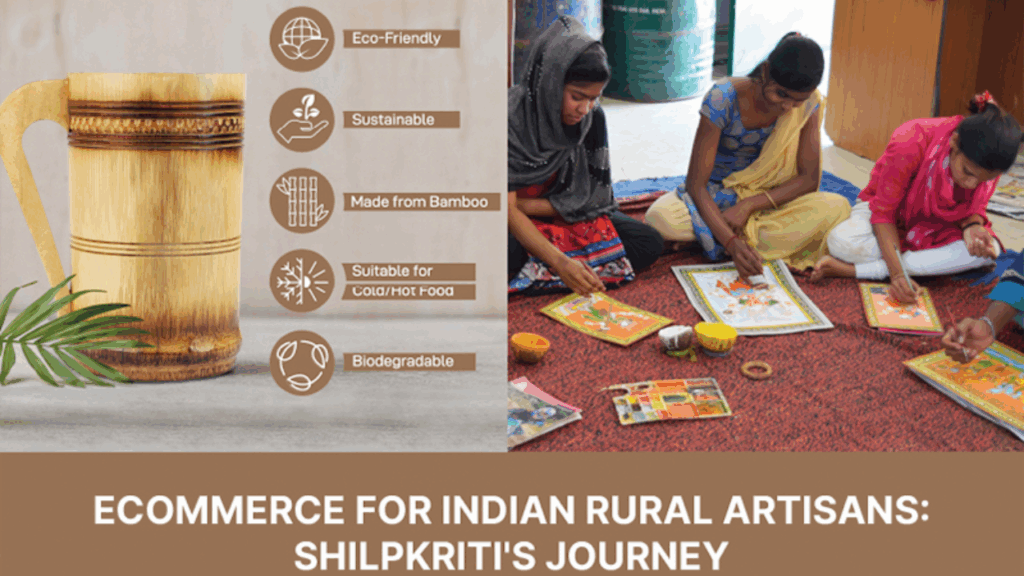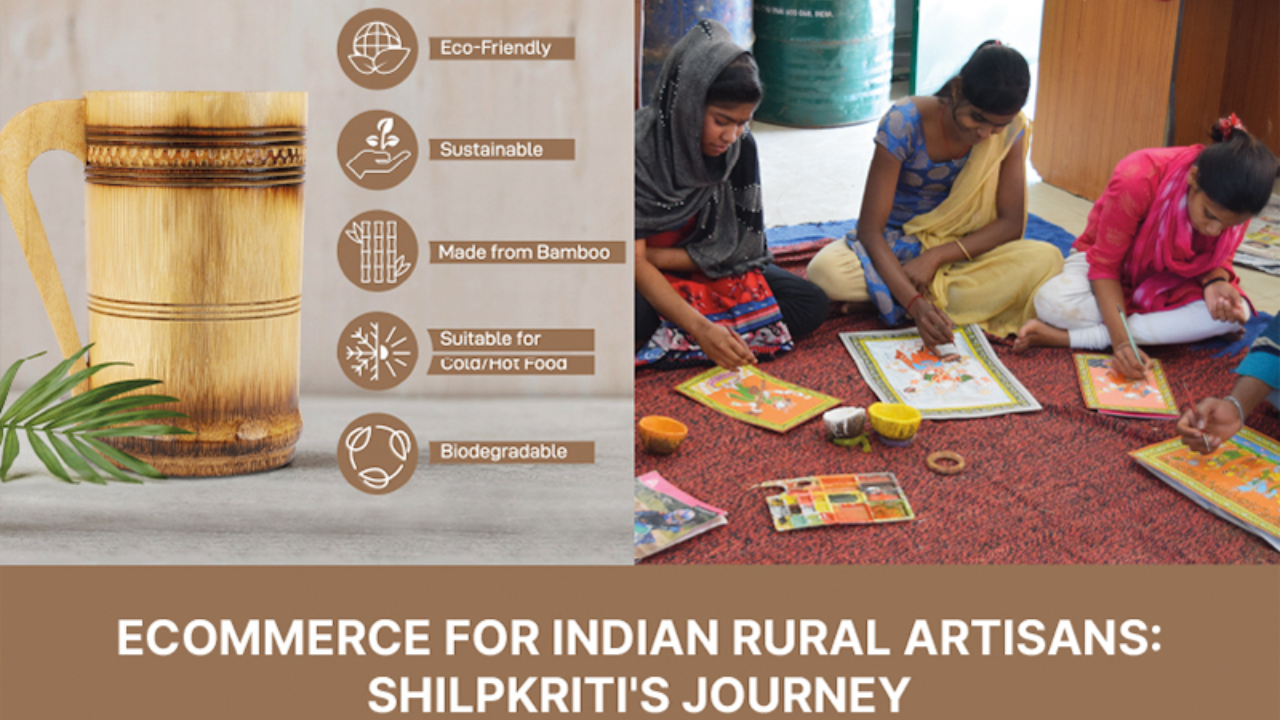
When travelers explore a new destination, they often seek more than sightseeing—they crave authentic experiences. One of the most meaningful ways to connect with a community is through its artisanal markets and handicrafts. These vibrant spaces showcase local creativity, preserve cultural heritage, and provide sustainable livelihoods for artisans. For travelers, purchasing handmade goods is not just shopping; it’s contributing to the community’s economy and preserving traditions for future generations.
The Importance of Artisanal Markets
Artisanal markets are more than just places to buy souvenirs; they are cultural hubs where history, craftsmanship, and community pride converge. Unlike mass-produced items, handcrafted goods carry stories of tradition, family heritage, and regional identity. Supporting these markets ensures that local makers can continue passing down skills that have been preserved for centuries.
Key reasons why artisanal markets matter:
- Cultural Preservation: They safeguard traditional art forms.
- Economic Impact: They provide income directly to artisans.
- Sustainable Choices: Handmade goods often use eco-friendly materials.
- Authenticity: They offer travelers unique items tied to the region’s identity.
Types of Handicrafts Found in Local Markets
Across different destinations, artisanal markets feature a wide range of handicrafts that reflect local culture:
- Textiles & Weaving: Intricate fabrics, scarves, and clothing made with traditional looms.
- Ceramics & Pottery: Clay vessels, plates, and decorative items shaped and painted by hand.
- Jewelry: Crafted from natural stones, metals, or beads with regional symbolism.
- Woodwork: Carvings, utensils, and furniture highlighting local design styles.
- Baskets & Woven Goods: Handmade from natural fibers like straw or palm leaves.
- Paintings & Folk Art: Local artistry that depicts daily life, myths, and landscapes.
Each craft represents the essence of the region and offers travelers a piece of the culture to take home.
How Travelers Benefit from Supporting Local Makers
Supporting artisanal markets provides both tangible and intangible rewards for travelers:
- Unique Souvenirs: Handmade items carry personal value and authenticity.
- Deeper Cultural Connection: Engaging with artisans fosters understanding of local traditions.
- Positive Social Impact: Purchases directly support families and communities.
- Sustainable Travel: Encourages eco-friendly, small-scale production over mass manufacturing.
Table: Benefits of Supporting Artisanal Markets
| Benefit | For Local Artisans | For Travelers |
|---|---|---|
| Economic Empowerment | Provides direct income and stability | Supports ethical purchases |
| Cultural Preservation | Keeps traditional skills alive | Access to authentic heritage |
| Environmental Sustainability | Uses natural and local materials | Reduces carbon footprint |
| Personal Connection | Builds pride in work | Meaningful interactions with locals |
| Unique Offerings | Promotes individuality in design | Memorable souvenirs |
The Role of Hostels and Tourism in Promoting Handicrafts
Hostels and local tourism initiatives often play a key role in connecting travelers with artisanal markets:
- Workshops: Some hostels organize craft workshops where guests learn weaving, pottery, or painting directly from artisans.
- Market Tours: Guided trips introduce travelers to hidden local markets beyond tourist hotspots.
- Onsite Stores: Hostels may feature small shops showcasing handmade goods.
- Collaborations: Tourism boards and hostels sometimes partner with artisans to promote traditional crafts.
This interaction not only boosts artisans’ visibility but also makes the traveler’s stay more immersive.
Challenges Faced by Local Artisans
While artisanal markets hold cultural significance, local makers often face challenges:
- Competition with cheap, mass-produced goods.
- Lack of resources to market their crafts to international visitors.
- Seasonal income fluctuations depending on tourism.
- Limited government support in some regions.
Travelers’ conscious choices help artisans overcome these challenges by sustaining demand for authentic products.
Overview Table
| Aspect | Significance | Impact |
|---|---|---|
| Economic Contribution | Provides steady livelihood for artisans | Boosts local economies |
| Cultural Identity | Reflects traditions and heritage | Gives travelers authentic souvenirs |
| Environmental Impact | Promotes natural, handmade production | Encourages sustainable tourism |
| Traveler Experience | Creates deeper connections with locals | Offers unique shopping experiences |
| Community Empowerment | Strengthens artisan families and networks | Allows travelers to support directly |
| Tourism Partnerships | Hostels and tours promote artisan work | Expands cultural exposure |
Why Choosing Handmade Matters
Every purchase at an artisanal market is an investment in culture, sustainability, and human connection. While mass-produced souvenirs may be cheaper, they lack the authenticity, meaning, and social value that handmade items carry. By choosing artisanal goods, travelers not only enrich their own experiences but also help preserve entire traditions that could otherwise fade away.
Conclusion
Artisanal markets and handicrafts serve as windows into a region’s heart and soul. For travelers, they provide authentic souvenirs and unforgettable encounters with local makers. For artisans, they represent survival, pride, and continuity of cultural traditions. Supporting these markets is not just about buying a product—it’s about sustaining a story, a culture, and a livelihood.
When travelers choose handmade over mass-produced, they become active contributors to the cultural and economic fabric of the communities they visit. It’s a small step that leaves a lasting impact on both sides.
FAQs
Q1: Why should travelers buy from artisanal markets instead of shops?
Artisanal markets offer authentic, handmade products that directly support local communities.
Q2: How do artisanal crafts preserve culture?
They pass down traditional skills and techniques from generation to generation.
Q3: Can tourists learn handicrafts during their trip?
Yes, many hostels and markets offer workshops where visitors can learn from artisans themselves.

